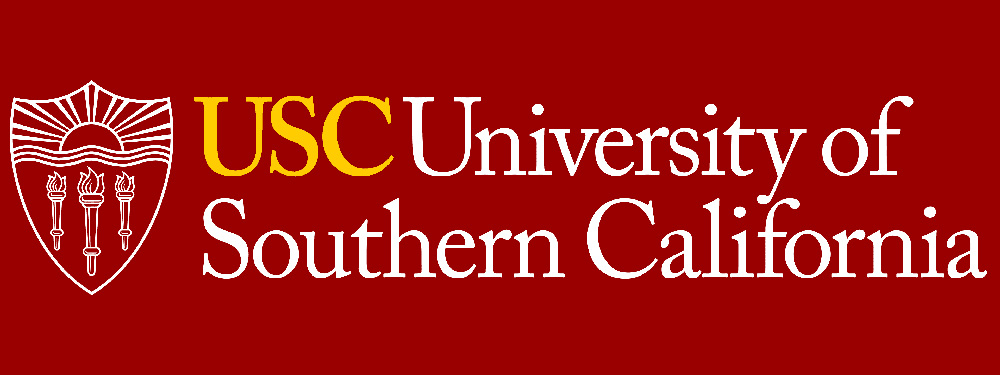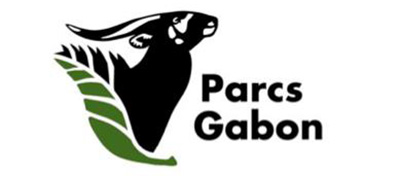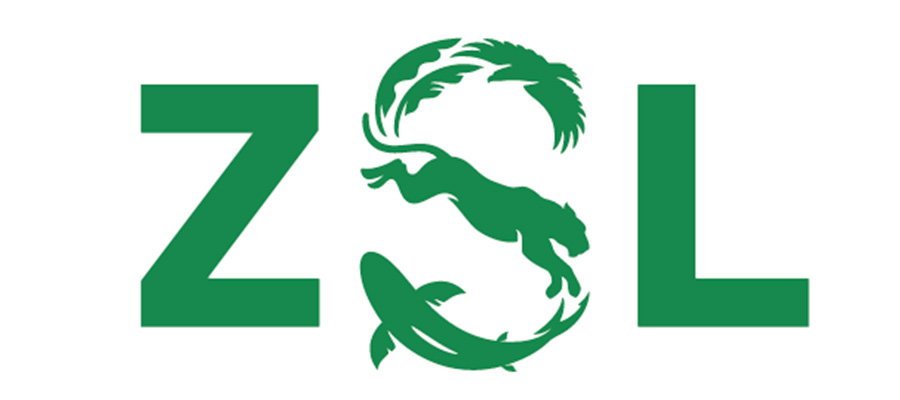About
The illegal harvest and trade in wild flora and fauna undermines sustainable development, erodes local and global economies, poses security risks to local people, degrades the carbon capture potential of forests, and facilitates the spread of zoonotic diseases. No group of species so perfectly embodies the limits of current conservation practice than pangolins - the most trafficked wild mammals globally. Pangolins represent the socio-ecological systems within which many high value species are illegally harvested and traded globally. And, because they have captured the global public's fascination, they are the ideal flagship for a groundbreaking global project that will deliver long-lasting conservation solutions.
Operation Pangolin is capitalizing on the latest advances in technology, interdisciplinary conservation science, big data, and artificial intelligence to generate and unify diverse data sources to inform sustainable and cost-effective solutions to the global biodiversity crisis associated with wildlife crime. The project will synthesize information from wildlife crime, population monitoring, and socio-ecological systems through cutting edge artificial intelligence (AI) analytical pipelines to support: 1) sustainable, socially legitimate, and locally-led conservation interventions, 2) evidence-informed international policy implementation, and 3) predictive tools for addressing wildlife crime. Our framework of enhanced data collection, coordinated data unification, and advanced analysis for informed decision-making can be scaled across species, ecosystems, and geopolitical contexts. By collaborating with local conservation stakeholders, from indigenous peoples and local communities to governments, we are reinforcing the human and technical capacity to manage wildlife populations and their habitats.
Operation Pangolin is a multidisciplinary, multi-institutional and multimillion dollar global initiative operating throughout Africa and Asia over the next 6 years.







